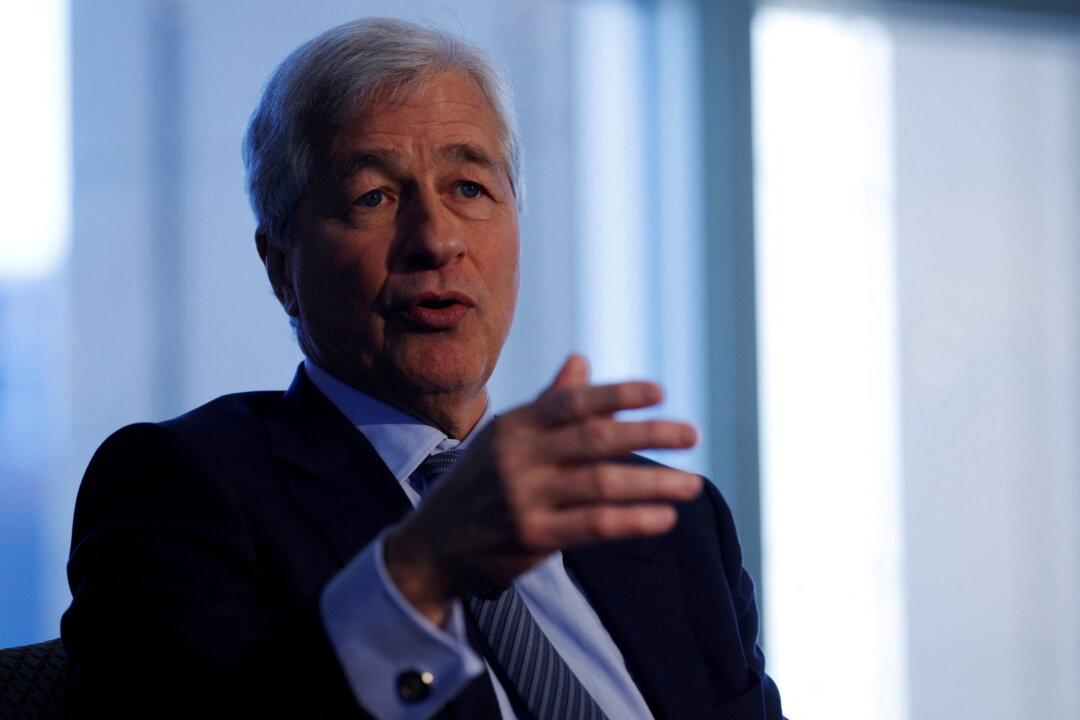JPMorgan CEO Jamie Dimon said on Wednesday that markets should be prepared for the war between Russia and Ukraine to last for years to come, suggesting that the conflict posed a greater risk to the American economy than the prospect of hikes on the key interest rate from the Federal Reserve.
In an interview with Bloomberg, Dimon compared the tensions arising from Russia’s invasion of neighboring Ukraine to the decades-long struggle for power between the United States and the Soviet Union, saying “the Cold War is back,” and saying that policymakers should maintain a plan for the possibility that the war in Ukraine continues for years to come.





